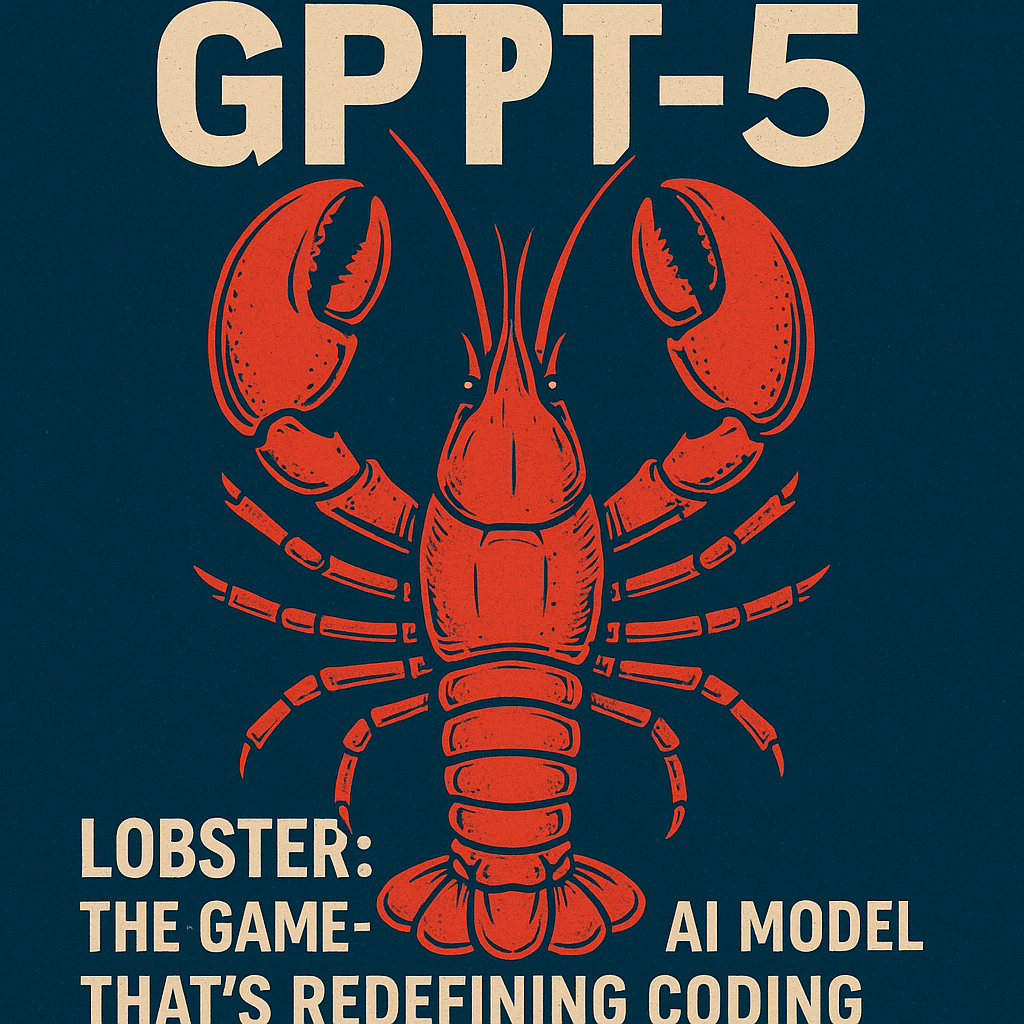
OpenAI’s GPT-5 Lobster: The Game-Changing AI Model That’s Redefining Coding
OpenAI's GPT-5 "Lobster," a groundbreaking AI model specifically designed to revolutionize coding and engineering. This advanced AI offers one-shot code generation, refactoring, dependency management, and rapid application development, promising significant productivity gains and improved software quality. The document also highlights Lobster's broader capabilities in engineering problem-solving and creative application development, along with OpenAI's tiered access strategy to democratize its use. Finally, the text transitions to Technijian, a managed IT services provider, explaining how they offer expert guidance and strategic implementation services to help businesses integrate and maximize the benefits of cutting-edge AI technologies like GPT-5 Lobster within their existing workflows and IT infrastructure. ... Read More